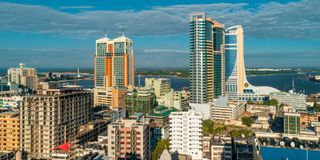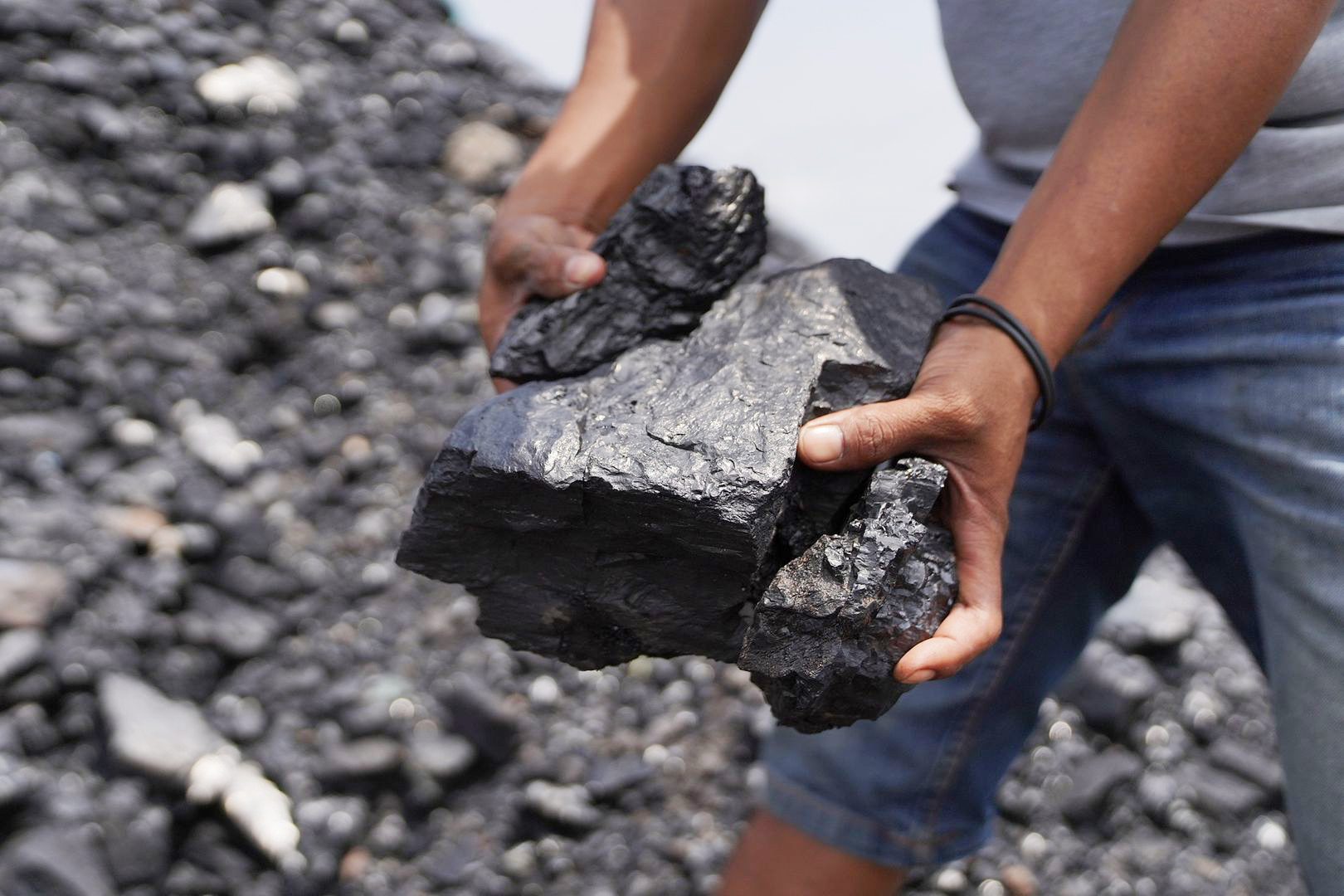Prime
Why Tanzania leads East Africa in trade deals, acquisitions

What you need to know:
- Tanzania was third in sub-Saharan Africa as a favoured future investment destination behind only South Africa and Nigeria, according to a new report titled The Doing Deals in Sub-Saharan Africa 2023 released by KPMG International.
Dar es Salaam. East Africa witnessed a significant increase in trade volumes in 2022, with Tanzania being the leading choice for investors seeking opportunities or acquisitions in the region, a new report has revealed.
Tanzania was third in sub-Saharan Africa as a favoured future investment destination behind only South Africa and Nigeria, according to a new report titled The Doing Deals in Sub-Saharan Africa 2023 released by KPMG International.
There were a total of 297 deals signed in sub-Saharan Africa (SSA) valued at $19.2 billion in 2022, the report says.
Although the report does not state the number of deals that were sealed in 2021, it says the post-pandemic annual aggregate value recorded last year was a significant recovery from $8.6 billion recorded in 2020 when the region was battling the Covid-19 pandemic.
KPMG East Africa head of deal advisory Julius Ngonga said 2022 data showed that investors continued to be drawn to SSA’s abundant natural resources, demand for connectivity and technology and sectors, including healthcare, financial services and education, that are benefiting from a rapidly expanding consumer market.
“Despite a challenging macro-economic environment in SSA, deal makers are optimistic on growth prospects over the next few years with more than two-thirds (68 percent) of the respondents anticipating increased deal activity in the region,” he said.
Fifty percent of respondents in the KPMG study favoured South Africa as the top destination for future investment, while 30 percent mentioned Nigeria and 15 percent considered Tanzania.
Kenya and Uganda came in fifth and eighth at 14 percent and 10 percent, respectively.
Commenting on Tanzania as a more viable investment destination, seasoned banker and financial analyst Kelvin Mkwawa said due to the country’s strategic location and abundant natural resources, there were more opportunities for investors in Tanzania than in other countries in the region.
“This is evident since most foreign direct investment is channelled into three areas – mining and quarrying, manufacturing and finance and insurance,” he said, adding that this growth is also complemented by political stability and a stable macroeconomic environment.
“In the whole of East Africa, Tanzania is regarded as the safest bet politically compared to its regional peers. CCM has been in power in Tanzania since independence and the lack of a formidable opposition is viewed by investors as representing less to low risk of a disruptive political environment in the country,” Mr Mkwawa said.
He added that there were also notable efforts by the government to improve the investment climate and attract more FDI inflows into the economy.
According to the KPMG report, key factors facilitating deal makers in East Africa include access to domestic distribution channels, with 62 percent of respondents saying this is among the most important reasons for pursuing their most recent deal.
More than half – at 52 percent – mentioned attractive valuation and/or value realisation as the main reason, while 45 percent associated the availability of physical assets and/or natural resources.
Other key drivers were growth capital at 38 percent; restructuring potential at 38 percent; customer base at 34 percent; technology at 31 percent and regional distribution channels at 21 percent.
Attractive sectors of investment within sub-Saharan Africa
The energy, mining and utilities sectors were the biggest contributors to aggregate deal value in 2022, clocking up $7.8 billion from 64 transactions.
This was closely followed by the financial services and technology, Media and Telecom (TMT) sectors at 55 and 47 deals, respectively.
The KPMG findings show that half of the top ten deals in 2022 were energy and mining-related acquisitions.
In East Africa, the standout transaction of 2022 in the region was the acquisition of the Tanzania-based nickel producer Lifezone Metals by GoGreen Investments, a US special purpose acquisition company, with a total value of $878 million.
Procurement and supply chain expert Humphrey Simba told The Citizen it was true that investment in the mining and energy sectors had surged in the past one to two years as a result of the economic diplomacy agenda of the current administration coupled with political will and stability.
“Capital goes where it is needed. Investors bring capital where they know it will be protected and yield profits. This is what the government of President Samia Suluhu Hassaan has done, leading to an increase in foreign direct investment inflows.
“Protecting investors’ capital, amending certain regulations such as tax laws to improve the ease of doing business have been instrumental,” he said.
Mr Simba, who provides advisory services to mining stakeholders, added that there was also increased global demand for commodities such as rare earths, nickel and cobalt, mainly driven by the transition to clean energy.
Tanzania’s access to these resources makes it attractive to long-term investors.
“The government’s emphasis on public-private partnerships has also played a significant role, but most importantly, it’s the openness between the government and investors. The willingness to engage in dialogue has grown considerably,” Mr Simba said, adding that the government’s open approach to dialogue with investors had created a favourable image globally.
But it’s not all rosy
Macro conditions and politics loomed larger for those that targeted East Africa in their most recent deal.
The study showed that 28 percent and 25 percent of the respondents highlighted economic and currency volatility followed by political uncertainty, respectively, as top challenges.
However this is mostly attributed to what is going on in Somalia as the country is dubbed as the only country in the world on the “very high alert” list, while neighbouring Ethiopia, also in East Africa, sits alongside Central African Republic and the Congo Democratic Republic as the only SSA nations on the “high alert” list.
Prospects
Almost half (43 percent) of respondents told KPMG that e-commerce is among the areas of technology they expect to provide the most attractive investment opportunities in SSA in the next two years, and fintech is close behind (41 percent).
Mobile-based e-commerce and fintech-enabled financial inclusion are also generating strong tailwinds.
Technology will be fundamental to Africa’s next step forward in terms of economic growth, shaping the continent’s future in profound ways.
On how Tanzania could sustain its investment attractiveness, Mr Mkwawa said the country could continue to formulate and implement policies that focused on improving the macroeconomic environment and sustainable economic growth.
He said while a recent IFM report suggested that Tanzania had a higher projected growth rate in 2024 compared to other East African nations, the industrialisation drive and ongoing mega infrastructure projects should continue to stimulate further investment in manufacturing activities.
“These major infrastructure projects will make it easier to do business in Tanzania hence attracting more FDI. Tanzania should come up with more strategies to develop a vibrant capital market to trigger wider and active participation in the capital markets in terms of products and players,” he said.




